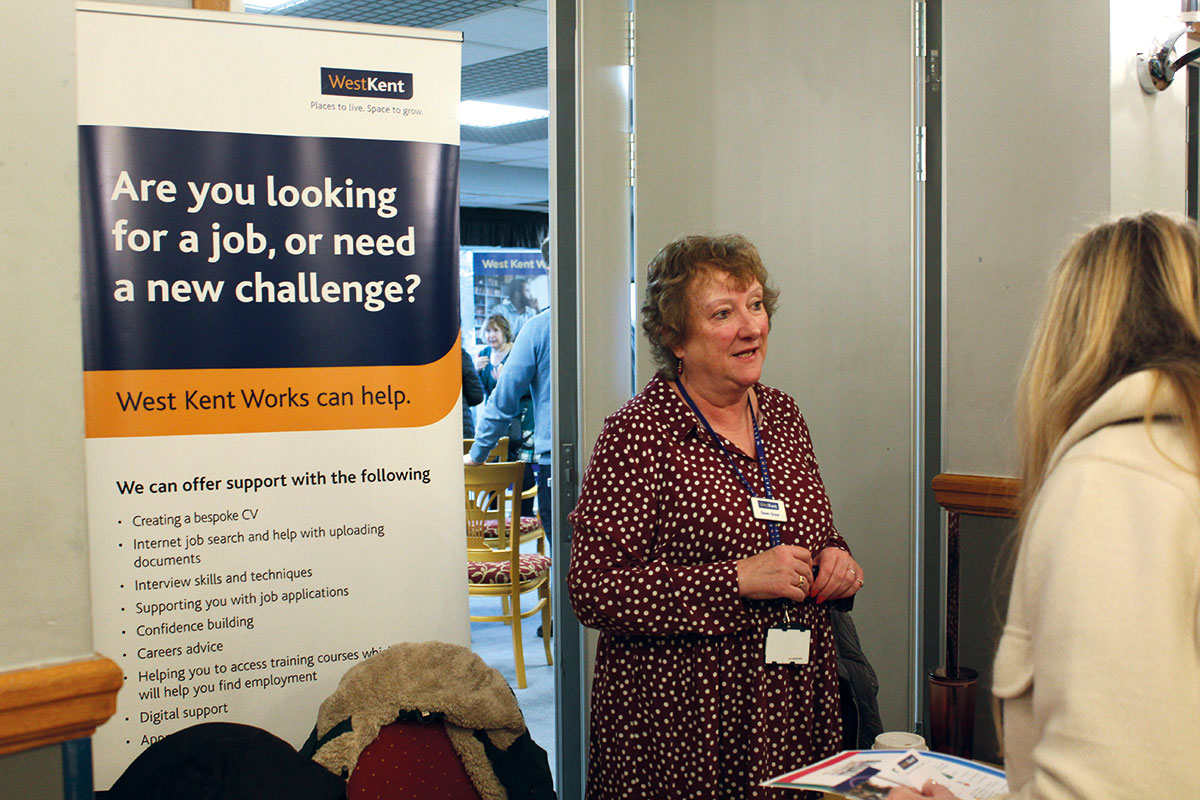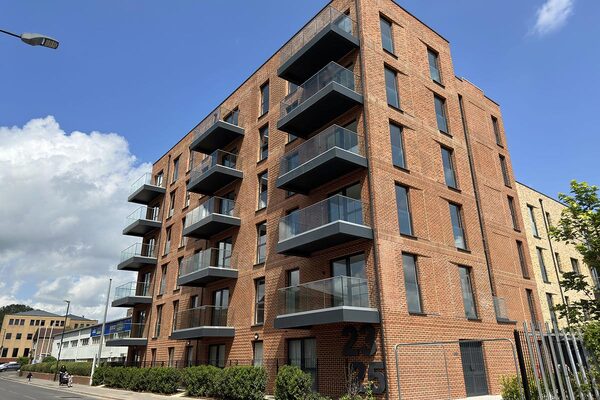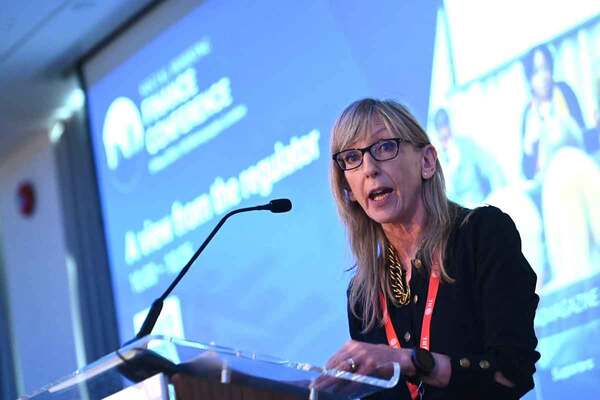You are viewing 1 of your 1 free articles
Housing associations could help drive ‘micro-enterprise’ and build employment support services, academics say
Housing associations could do more to help people into work or entrepreneurship, an academic report has said.

Research published by the University of East Anglia (UEA) sets out how housing associations could use their knowledge and resources to build “micro-enterprise” and employment support services.
The paper analysed the results of a £10.8m social value project which ran from 2018 to 2023 and involved nine housing associations and training providers in England and France.
The EU-funded project helped residents furthest from the labour market as they either started their own business or returned to work.
The project prioritised “micro-enterprise training” and employment support services tailored to each participant – such as guidance in business development, financial management and administration – and their local environment.
This report comes as Inside Housing launched its Housing Hires campaign, which aims to promote the range of opportunities in the housing sector and share best practice and ideas about how to recruit and retain staff in social housing.
By September 2022, out of the 6,259 participants who began training under the project, 16% successfully started their own businesses. A total of 18% of participants secured new job opportunities, while 7% of participants chose to pursue further education. Altogether, the project facilitated the creation of 1,020 new businesses.
The report concluded that housing associations should strive to be the “hub” in the centre of a partner network with education providers, employer groups, public agencies and non-profit organisations.
With more employers adopting a “skills-based approach” to recruiting, housing associations should run skill credentialling programmes to help people prove to employers they possess certain skills.
As well as partnering with training providers, housing associations could also pair residents up with local employers. As “respected stakeholders in the communities they serve,” housing associations can act as “trusted labour market intermediaries”, the report said.
Landlords can also play a convening role, helping education providers and employers to work together to ensure the local community has the skills needed to thrive, including those needed within housing associations.
The housing association must remain the key point of contact for residents, the researchers said, so that people can return to the support services over a long timeframe in the face of setbacks.
Zografia Bika, professor of entrepreneurship at UEA’s Norwich Business School and lead of the study, said many government “levelling-up” policies have been centrally designed and administered, whereas housing associations can play a “key role” in delivering change.
She added: “The success of the housing associations in supporting individuals back into work or self-employment was in a large part because of their respected role in the community and the extensive knowledge and understanding of local circumstances that this afforded them. The results provide clear evidence that housing associations can do more than provide housing.”
Landlords must “step out of their traditional role as ‘just’ a respected provider of housing and instead act as the point around which a wide range of services are provided to help residents get back on their feet”.
Adi Gaskell, co-author of the study, said: “There is an opportunity for other housing associations and stakeholders in the sector to explore similar collaborative place-based initiatives and enact their change making role.
“By leveraging their collective knowledge and resources, they can develop integrated micro-enterprise and employment support services that empower individuals, enhance social inclusion, and contribute to the overall well-being of communities.”
Laura Magezi, policy leader at the National Housing Federation, said: "Housing associations invest over £100m a year into employment and skills support for tenants and are key drivers of economic growth. What is more, a stable home helps people to get and keep work, and reduces the long-term scarring effect that being homeless or in insecure housing can have on employment prospects. Not only is this transformative for individuals, it generates £8.9bn for the economy and a further £3.8bn in tax revenue.
"The NHF works closely with key bodies in housing, employment services and government to focus on what can be done to support social housing residents into stable employment. It is clear that, as anchor institutions in their communities, housing associations do not only help to alleviate homelessness but can have a range of socioeconomic benefits including reducing unemployment and improving overall life chances."
Sign up for our daily newsletter
Already have an account? Click here to manage your newsletters











